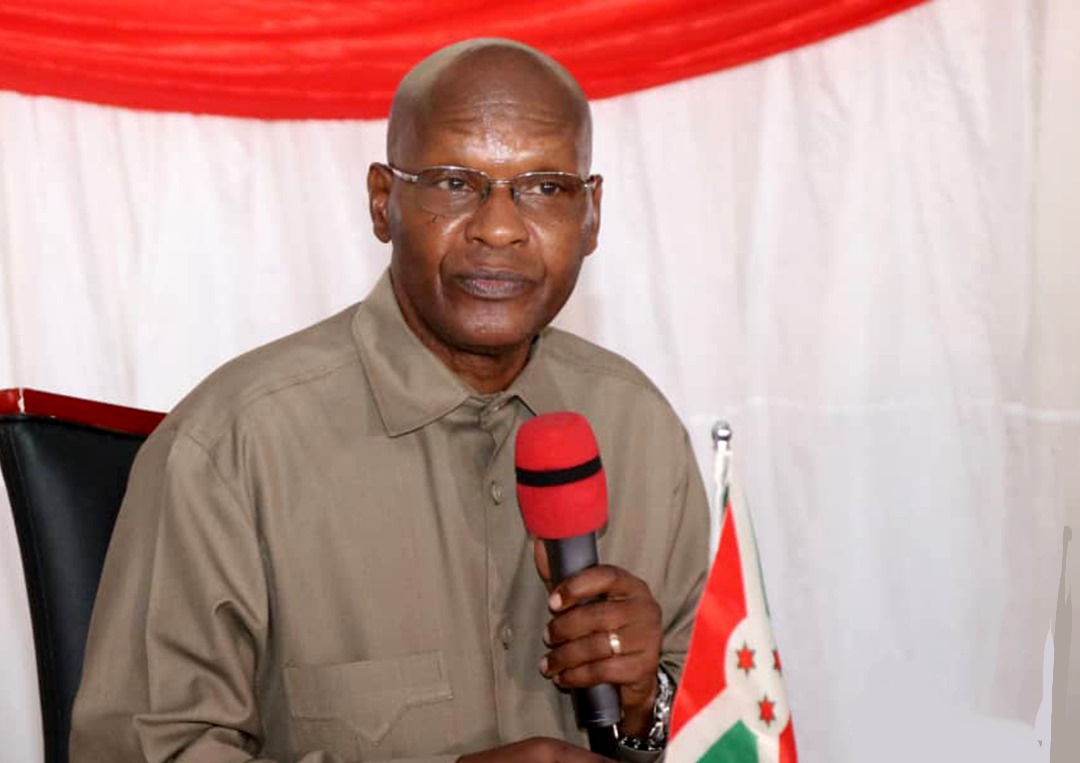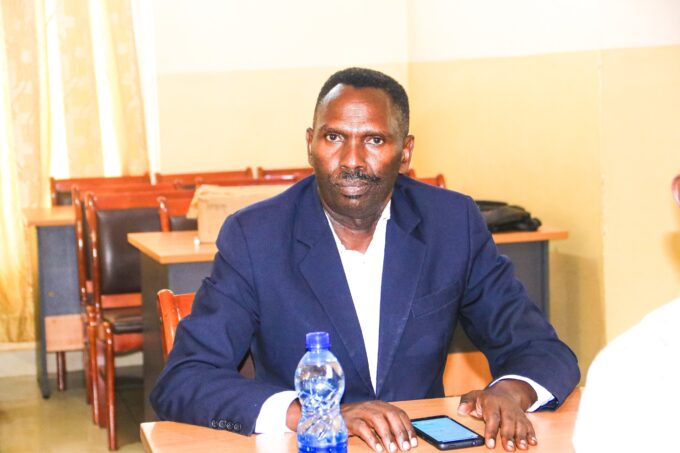In a viral video that has sparked widespread debate, Burundi’s National Assembly Speaker, Gelase Daniel Ndabirabe, sharply condemned the growing trend of local employees abandoning their jobs in search of better opportunities abroad. His comments have ignited criticism and renewed discussions about the realities facing the country.
Ndabirabe questioned whether those leaving truly understood the challenges on the ground, urging them to reflect on their loyalty to Burundi’s development. “You hear some people say, ‘They pay us too little, so we’re leaving,’ as if they don’t love their country. What about those who fought for this country for years, sacrificing everything without expecting payment?” he said. His words highlighted the stark contrast between the sacrifices of past generations and the decisions of those choosing to leave after receiving government-funded education.
The Speaker directed his ire at individuals who, despite benefiting from public resources, opt to abandon the nation in pursuit of financial gain abroad. “Someone who was educated [abroad] with government funds leaves the country after returning just because ‘they are paid too little.’ You are nothing but mercenaries; you’re useless. Just leave, but it’s heartbreaking,” he said.
Ndabirabe also condemned those migrating to countries like Canada and those in Europe, where many end up in low-paying, labor-intensive jobs. Describing their situation as “slavery,” Ndabirabe lamented how many emigrants, once well-educated in Burundi, are now performing menial work abroad just to survive. “Some even end up carrying heavy loads at the port. That’s slavery—I don’t know what else to call it—bondage,” he said.
The Speaker criticized the idealization of Western countries, particularly Canada, urging Burundians to reconsider their desire to relocate. “Who told you that Trudeau is your father? Go and see how they’ll treat you like a slave. They’ll separate you from your wife or husband. That’s what you want? Go ahead,” he warned. “If you go to Canada, your wife automatically has more rights than you under their laws, and that’s why so many marriages break down there. You thought you were the head of the household here, but when you get there, who do you become you?”
Ndabirabe’s remarks painted a grim picture of the migrant experience, highlighting issues such as cultural upheaval and mental health challenges, including suicide. “Because of the hardships they put you through… you end up accepting things you never would have before. Some even resort to suicide. If that’s what you want, go ahead. No one is stopping you; it’s your human right.”
The Speaker’s comments came amid reports of a growing exodus of staff from both government institutions and the private sector. The University of Burundi, for instance, has lost over 200 employees in the past five years. Rector Audace Manirambona recently alerted the Minister of Education to the crisis, noting the potential threat to the university’s operations. “The management of the University of Burundi is currently studying proposals aimed at curbing these departures,” Manirambona said.
The health and education sectors have been particularly affected, with a noticeable shortage of qualified professionals. Doctors, for example, are increasingly leaving Burundi for better-paying opportunities abroad, contributing to a growing crisis in the healthcare system. Minister Lyduine Baradahana acknowledged the issue during a recent roundtable, calling for urgent investments in the sector to retain medical personnel.
While Ndabirabe’s remarks have been criticized by some as harsh, opposition leaders and union representatives argue that the rising cost of living and stark wage disparities are the root causes of the exodus. Critics have called on the government to address these systemic issues, including salary reforms and improved working conditions, to stem the brain drain destabilizing the country’s vital sectors.
Moïse Ndayiragije contributed reporting








1 Comment